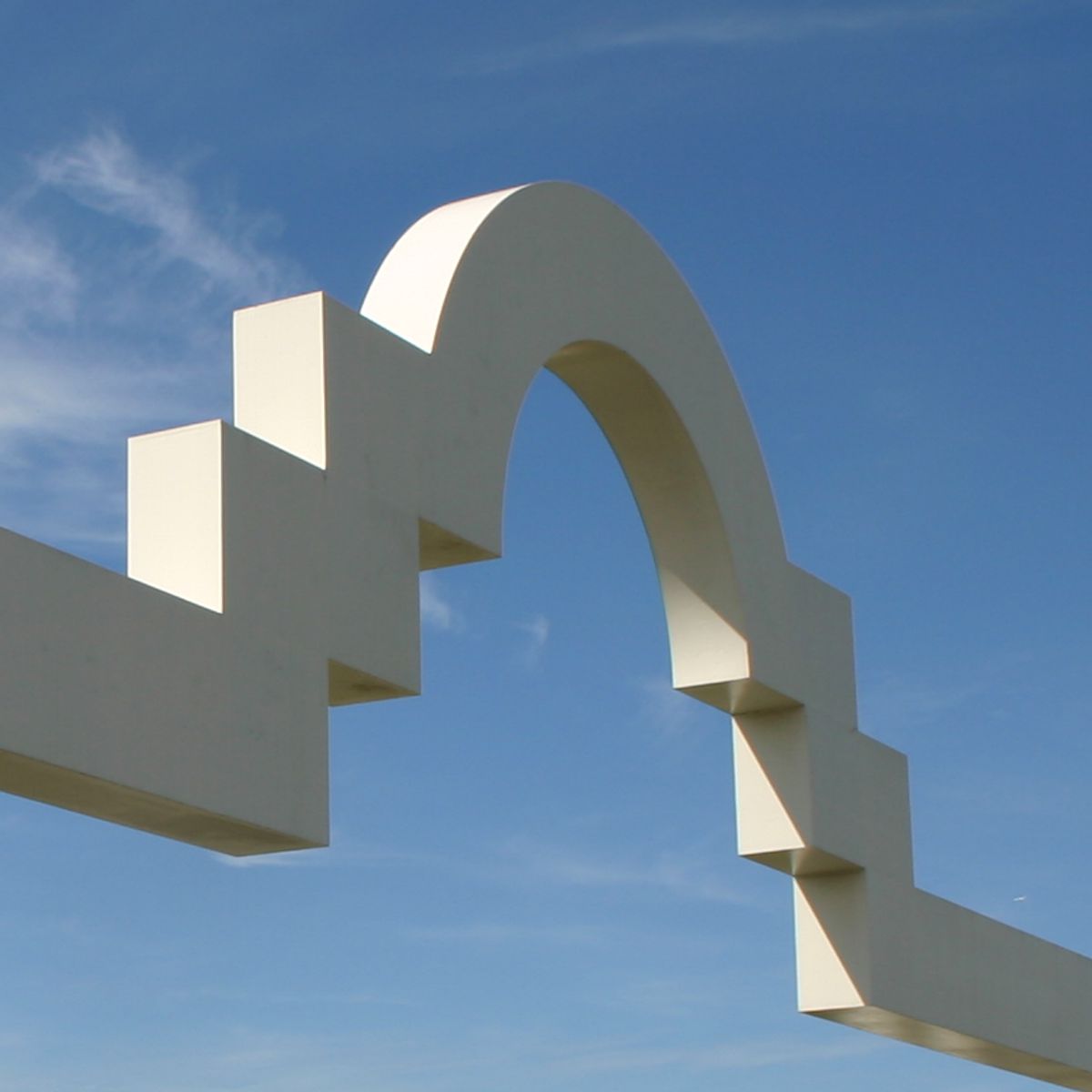TransLink Project Keeps Riders From Digging for Change
TransLink Project Keeps Riders From Digging for Change

If you're a BART rider or use any other means of public transportation in the Bay Area, you've probably noticed those mysterious boxes labeled TransLink and have perhaps even seen someone swipe a plastic card in front of it before boarding without stopping to pay for the ride.
Those cards and readers are evidence of what many Bay Area and Tri-Valley transit agencies are viewing as the wave of the future: a system by which you can board just about any transit vehicle you like without carrying fares or multiple passes.
The TransLink system is based on "smart card" technology, which is very similar to what has been seen in phone cards. You charge the card up with a certain amount of money and, when you flash the card in front of one of the readers at a transit terminal, your fare is deducted from the total amount in your account and the appropriate transit agency is automatically credited with your fare.
Aside from allowing you to use public transit without carrying cash, the idea is that you can move between different transit systems with a single universal pass connected to your own cash-based account.
Based on recent testing, the system seems just about ready for full implementation, according to Russell Driver, project manager for the TransLink project. "We started the tests with transit agency staff in October of last year and went live with the public February 1, 2002," Driver says. "We have just over 3,000 people using the system. We have nine BART stations, the MUNI Metro trains, nine Caltrain stations, Golden Gate Ferry, and one AC Transit bus division."
Participants in the TransLink pilot program can load value onto their cards at self-serve Add Value Machines in transit stations and some 40 retail locations throughout the Bay Area or by calling the TransLink Customer Service Center. Add Value Machines accept debit cards, as well as Visa, MasterCard, and Discover credit cards.
A service bureau in Concord processes all of the transactions and distributes the funds among the six agencies. All the transit agencies participating in the system have the ability to see the money moving around and be sure that they are getting paid for the services provided.
So far, the financial part of the system seems to be working well. "We've done over 100,000 transactions since February 1," Driver says. "We've processed over $120,000 and we haven't lost a single penny of it."
While the system seems to be working well, it might be a while before the general public can stop carrying cash to board transit vehicles.
"It's up to the transit agencies that are participating to make their own decisions about when to implement the system," Driver says. "I don't think they're all going to decide at once. So, I think we'll hear the first announcements earlier in the fall and others will make up their mind later in the year. Our current contract has us starting with Golden Gate Transit and MUNI and we would have them up in the summer of 2003 at the earliest." For more information about TransLink and how you can get involved in the pilot program, you can visit the TransLink web site at www.translink.org.
Also in this issue...
- divine Managed Services Plays Host at Hacienda
- Smart-IT Professionals Sets Up Shop
- Business Bits
- Executive Profile: Roderick Williams, Roderick's BBQ & Seafood
- Diablo Dealer
- Volvo Training Center
- Hacienda Orientation Materials
- ValleyCare Foundation
- Pleasanton Schools' Adult Education Programs
- TransLink
- Paramount's Great America
- Hacienda Index




